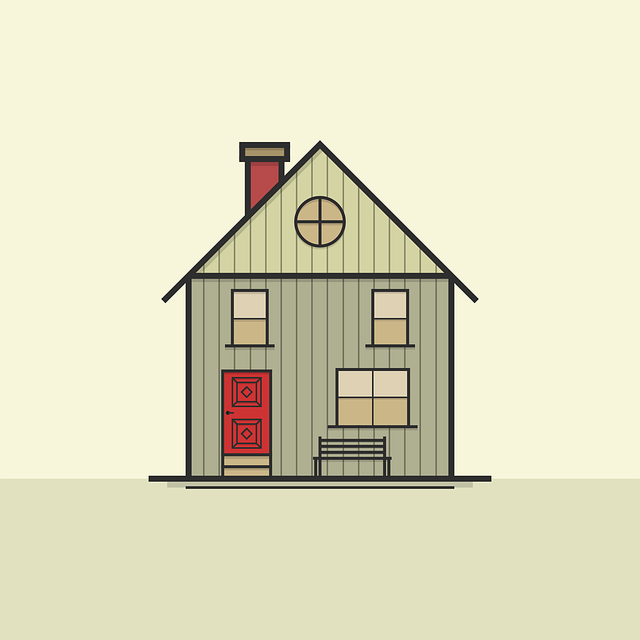In New Jersey, sober living regulations play a pivotal role in fostering a supportive environment for individuals in recovery. This article delves into the intricacies of these regulations, offering a comprehensive guide for those seeking understanding. We explore licensing and certification requirements specific to recovery residences, ensuring compliance and quality care. Additionally, we highlight the rights and support systems available for residents, providing valuable insights into navigating these facilities effectively.
- Understanding Sober Living Regulations in New Jersey
- Licensing and Certification Requirements for Recovery Residences
- Rights and Support for Residents in Sober Living Facilities
Understanding Sober Living Regulations in New Jersey

In New Jersey, sober living regulations are designed to ensure safety, support, and accountability for individuals in recovery. These regulations govern various aspects of recovery residences, including licensing requirements, facility standards, and resident rights. Understanding these rules is paramount for both residents seeking a supportive environment and recovery providers aiming to offer quality care.
Recovery residences, often referred to as sober living facilities, play a crucial role in the long-term success of individuals recovering from substance use disorders. New Jersey’s regulations aim to foster an environment that promotes healing while maintaining high standards of safety and decency. By adhering to these guidelines, sober living communities contribute significantly to the state’s efforts to support those on the path to lasting sobriety.
Licensing and Certification Requirements for Recovery Residences

In New Jersey, recovery residences, also known as sober living facilities, must adhere to strict regulations and requirements set by the state to ensure safe and effective rehabilitation. Before operating or opening a recovery residence, facilities must obtain proper licensing from the New Jersey Division of Mental Health and Addiction Services (DMHAS). This includes submitting detailed applications outlining their program structure, staff qualifications, and adherence to specific safety standards.
Additionally, certification by recognized accrediting bodies is highly recommended for recovery residences. Organizations like the Commission on Accreditation for Addiction Treatment (CAAT) provide rigorous standards for quality care. These certifications ensure that the facilities meet comprehensive criteria related to staffing, treatment programs, client rights, and facility maintenance—all of which are crucial aspects of providing a supportive and conducive environment for individuals in recovery from substance use disorders.
Rights and Support for Residents in Sober Living Facilities

Residents in sober living facilities in New Jersey have rights and access to support systems that are vital for their recovery journey. These include the right to privacy, safety, and dignity, ensuring a comfortable environment conducive to healing. Many recovery residences offer on-site counseling services, group therapy sessions, and peer support groups to foster a sense of community and encourage open communication.
The facilities also provide resources for residents’ overall well-being, such as educational workshops, job training programs, and referrals to external healthcare services. This comprehensive approach to sober living not only aids in maintaining sobriety but also equips individuals with the tools needed to thrive outside these environments, promoting successful long-term recovery.
